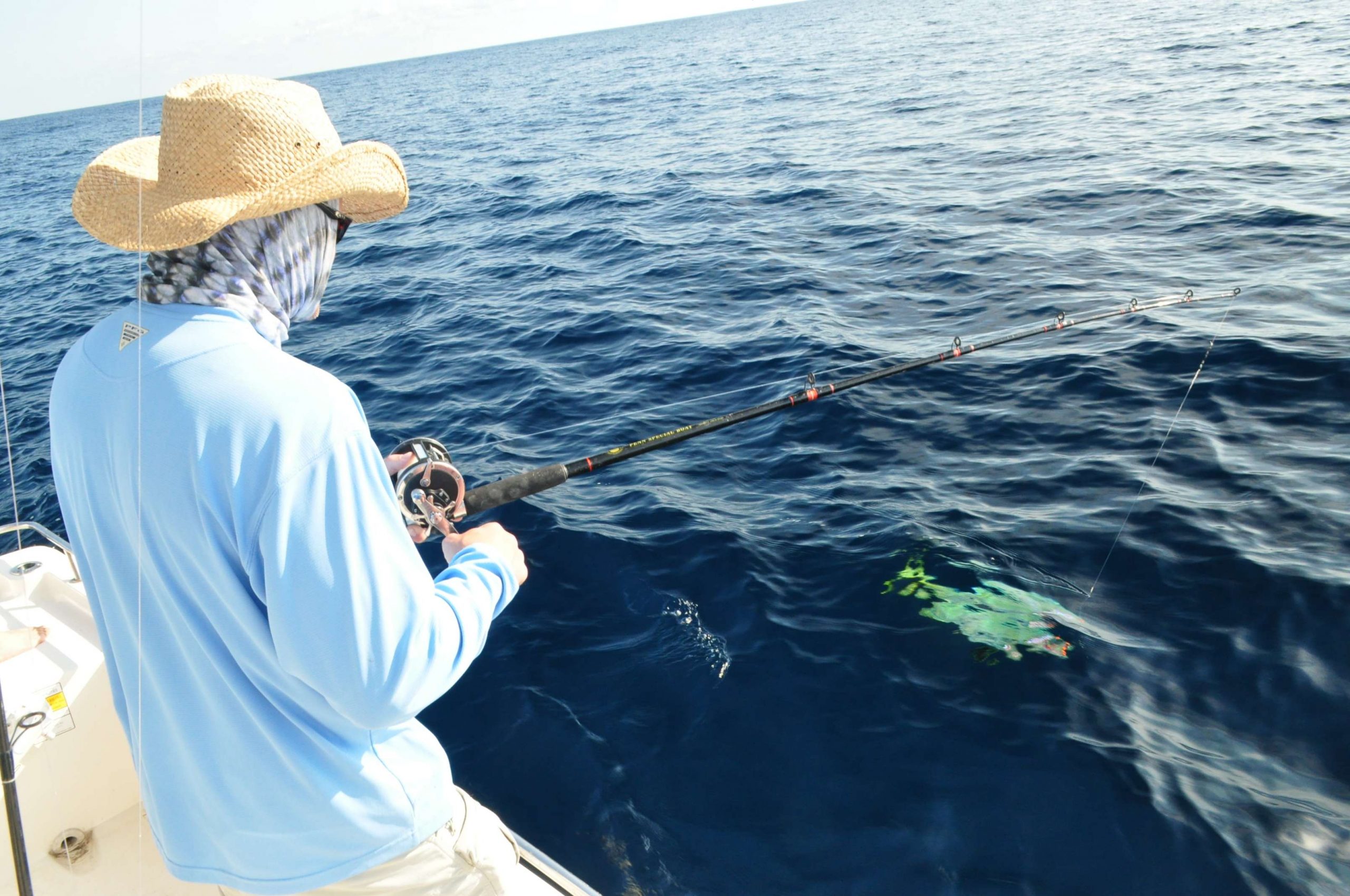
Despite the opposition from numerous stakeholders and the Florida Fish and Wildlife Conservation Commission (FWC), the recently released Draft General Management Plan (GMP) for Florida’s Biscayne National Park proposes to close more than 20 percent of its public waters to recreational fishing and other activities.
“It’s time to step up to the plate once again and let our voices be heard to protect our right to fish,” said Noreen Clough, national conservation director for B.A.S.S. “This is just another example, like the Park Service ORV policy on Cape Hatteras National Seashore, that anglers and others are simply a public inconvenience.
“That this is an untenable and arrogant stance for a public land management agency to take is an understatement,” continued Clough. “It is also the proverbial ‘camel’s nose under the tent.’ Where will Park Service go from here: To challenge access to the outstanding bass fishing in the Everglades?”
Biscayne National Park (BNP) is a popular urban saltwater recreational fishing area, generating more than 10 million angler trips per year. While intensive fishing pressure in BNP is clearly an issue to be addressed by the new GMP, the National Park Service does not have sufficient basis for implementing marine reserves as its preferred management alternative, given the range of other appropriate and effective alternatives. Marine reserves are just one tool among many available for effective fisheries management and should be considered only after more conventional and less restrictive management strategies (such as size limits, bag limits, quotas and gear restrictions) have failed.
“The most significant concern facing BNP’s natural resources is not recreational fishing and boating uses, but inadequate enforcement of current regulations,” added Clough. “If adequate resource management measures are currently in place but not being enforced, as seems to be the case, recreational anglers and boaters should not be penalized because BNP managers view marine reserves as a quick and easy fix. With the widespread distribution of recreational fishing that occurs throughout BNP, any marine reserve of significant size will inevitably shut anglers out of favorite fishing areas, keeping anglers off the water and out of the park, and diminishing the economic benefits of sportfishing to the local economy.”
By closing large areas of BNP to recreational fishing and boating. the Park Service will be restricting another opportunity for Floridians and visitors from across the country to engage with the outdoors — a significant part of the Park Service mission, and certainly part of President Obama’s America’s Great Outdoors initiative.
Alternatives 2, 3, 4 and 5 in the GMP contain unwarranted marine reserves, “no combustion engine zones” which act as de facto marine reserves, and/or “access by permit only” zones. B.A.S.S., the Center for Coastal Conservation, American Sportfishing Association and others voiced our opposition in a letter to the park superintendent, Mark Lewis, Oct. 31.
According to the letter, BNP officials should address the problem of overfishing in Biscayne National Park and evaluate more conventional, equally effective and less restrictive fisheries management strategies before considering the implementation of marine reserves or other overly restrictive options.
“Even more disturbing than National Park Service taking its unnecessarily restrictive stance is the fact that its has disrespected its partnership with the FWC and the development of a Fisheries Management Plan for BNP, defined in a Memorandum of Understanding (MOU) between the two agencies,” Clough explained. “In that MOU, FWC states its belief that marine reserves are overly restrictive and that less-restrictive management measures should be implemented in the park. Although the GMP clearly says that fisheries management will not be addressed in the plan, abundant references to better fisheries through closures is indeed fisheries management and it supersedes the partnership MOU with FWC.
“Once again, B.A.S.S. and other sportfishing and fisheries management organizations are disappointed in the National Park Service,” Clough concluded. “Its officials continue to disrespect the long-standing policy of the U.S. Department of the Interior and other federal agencies that allow sportsmen access to public lands and waters for fishing, hunting and outdoor recreation consistent with sound conservation.”

